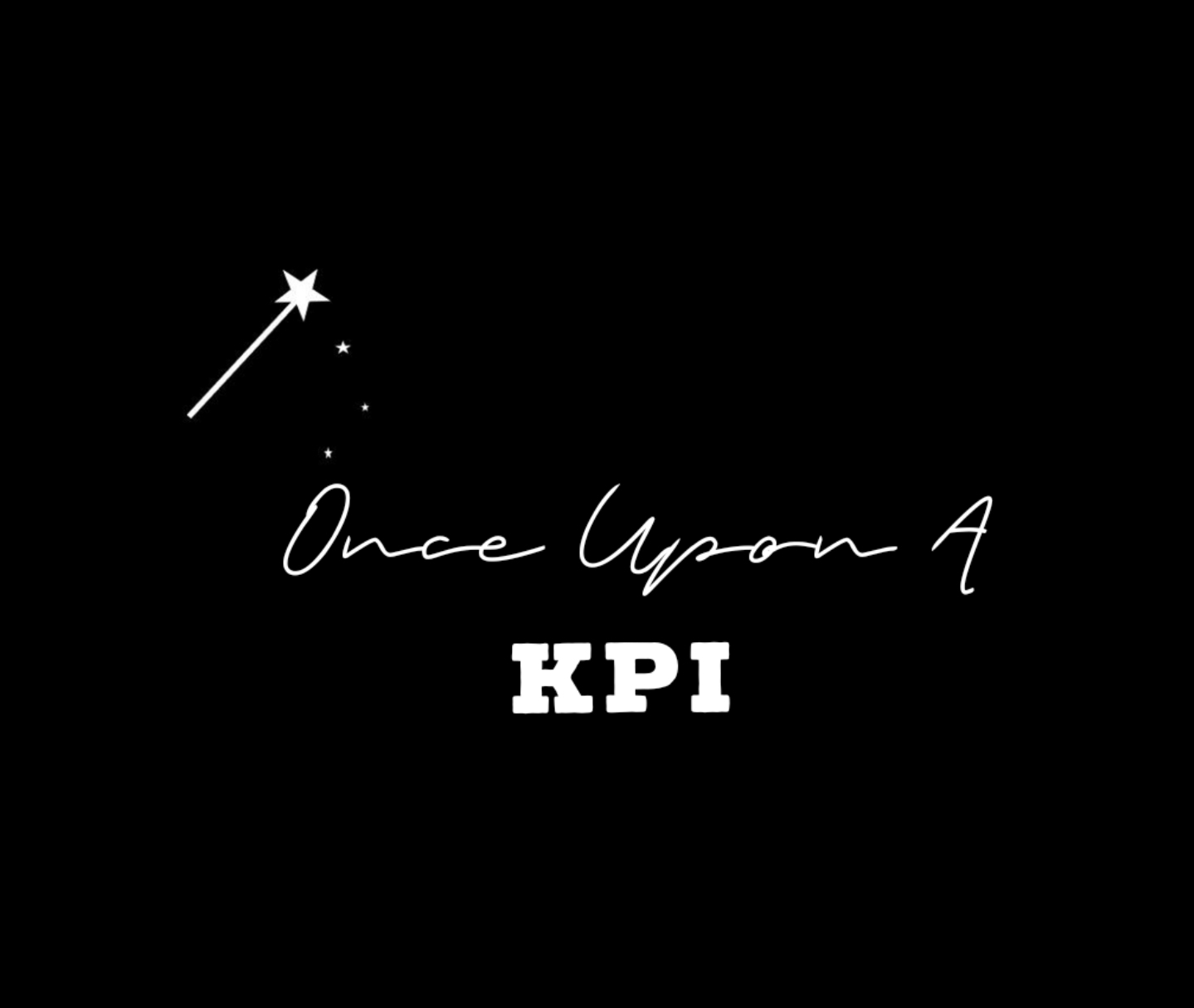What’s a KPI?
[kpi]
NOUN
business
A quantifiable measure used to evaluate the success of an organization, employee, etc
I still remember the first time I heard the phrase ‘KPI’. My manager explained to me that I didn’t need to worry about anything. As long as I was fulfilling my KPIs, the business would come and the money would be made. All I had to focus on was the numbers.

What does KPI actually stand for?
“But what does KPI actually stand for?” I asked; if you don’t ask, you will never learn.
“A key performance indicator” Mike said.
“Ah, so like a target I need to meet you, mean? I see, that makes sense now.”
Mike explained they would be used in our weekly reviews of the ‘business’ I was building at my desk. There was no need to worry while I was getting up and running. Even if I didn’t have all that many jobs to work, all that mattered was delivering against my KPIs.

Targets and numbers
The world of recruitment is full of targets and numbers, as a recruiter you are literally measured on Every. Single. Thing you do at your desk. In theory, the more KPIs you have, the busier you are and the money you will make.
At that point in my recruitment career, the KPI’s were a big help to me, they gave me structure and things to aim for to drive my activities. My ambition levels needed no fuelling, so it was good to have these activities to channel it all through.
Numbers game
We were constantly reassured by Mike that with this sort of level of activity, the business would come and the jobs would be filled. It was just a numbers game.
Easy peasy
The KPI’s were: 10 sales calls a day, 2 client visits a week and 2 candidate registrations a day.
I initially thought this would be easy.
My contracted hours were 08:30am- 5.30pm with 1 hour and 15 minutes for lunch. I was on a rota for late shifts Tuesday or Thursday and morning shift on a Saturday for ‘walk ins’. That seemed like plenty of time……

Doesn’t sound so easy now
The core hours that your clients will be available sensibly is 10-12 and 2-4. That means you can use the hours before and after that for candidate calls, registering your two candidates over lunch.
You could only log a sales call on the system if you had a conversation with the person you were trying to reach. Leaving a voicemail didn’t count,and on average you might make 10 calls before you get through to someone.
Taking the average ratio of effort to talk to the right person as 10:1 that’s 100 calls you had to make to log 10 sales calls in only a few hours. Those targets don’t sound so easy now.
All you have to do is call
There were six recruiters in the temp team and two administrators. Our administrators did everything that didn’t involve being on the phone to a candidate or a client. Formatting CVs into the agency’s branded template, uploading them to the database, sending out timesheets and contracts, setting up payroll to invoicing. I didn’t need to do any admin at all, all I had to do was talk to clients and candidates.
A quiet office isn’t making money
There was nothing else to do apart from be on the phone fulfilling your KPIs. If you weren’t on the phone, you needed to get back on it as soon as possible. A quiet recruitment office is not one that is making money.
I was glad I didn’t have to worry if I still remembered how to use Excel. I just needed to talk to people and record the conversations.

How do I know who to call?
I did not spend long wondering who to call. Mike quickly presented me with lists of clients who had used us at some point over the last 5 years.
My first challenge was to work my way through the list, to see what new business I could drum up…..







